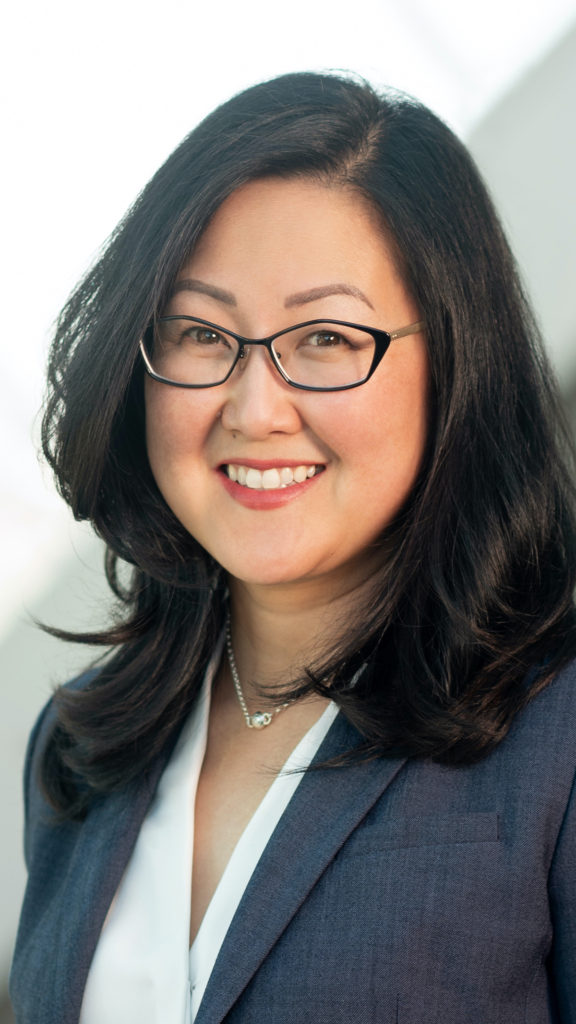Carol Kim is the business manager for San Diego County Building & Construction Trades Council and the CEO of the San Diego County Building Trades Council Family Housing Corporation. She spent the early part of her career teaching and working in HIV prevention with high-risk communities in Los Angeles. After moving to San Diego, Kim leveraged her years of experience in education and public health to support research in health & human development at a nonprofit. In 2013, she took a leap into politics and has been an advocate for working families and underserved communities ever since. Read on to learn how Kim believes a more equitable and inclusive economy benefits everyone.
Why are you passionate about workforce development?
I’m passionate about workforce development because I believe that providing access to opportunities for good-paying, high quality jobs is a critical component of bridging the income inequality gap and allowing working people to support themselves and their families with dignity. Progressive, quality workforce development programs like the MC3 apprenticeship readiness program allows people to acquire the skills and qualifications to successfully access the ladder to a good-paying, family-sustaining career. Every member of our community deserves these opportunities.

If you had $1M to donate to a workforce development program, what would you want done with it?
I’d love to see those funds go towards a financing fund like an outcome-based loan fund, that assists construction apprentices in obtaining a car loan. Union apprenticeship programs are one of the few career development pipelines that lead people without a college degree to middle-class income-earning outcomes. However, because construction is inherently itinerant work—meaning that workers have to go from one job to another as buildings and projects are completed—low income workers face the structural barrier of lacking adequate access to transportation to get to their jobsites, which in construction can move multiple times in the same week. A financing vehicle, like an outcome-based loan, can help populations who are underbanked or have poor conventional credit, because it uses their future earnings as collateral. And if you’re a union construction worker, lenders have some certainty regarding earnings potential as those workers will be earning the prevailing wage. To the extent that we can help our lower-income community members overcome structural barriers such as these in order to become self-sufficient income earners, that $1M would be incredibly well invested.
Why is workforce development important for San Diego County?
Over the past couple years, San Diego surpassed San Francisco in being the least affordable place to live in the state. Of all the things we want to be #1 in, this is not it. When working people in our community can’t make ends meet, we all pay the costs of that: in a weakened local economy, in the added burden to our public agencies and tax-funded social safety net programs, and in our ability to attract and retain the talent that our local businesses and enterprises need to thrive. We need pathways to high-quality jobs for everyone in San Diego and we need industries that support those high-quality jobs, through better pay, benefits and working conditions. These are all necessary components of a healthy, equitable and sustainable economy. Further, smart, holistic approaches to workforce development is a necessary component of creating that economy.
What do you enjoy doing when you’re not working?
I love art, all kinds. I love reading fiction. I love spending time hiking and taking in the beautiful natural landscapes in our region. I enjoy the company of good friends and my children. There’s a lot to appreciate in this world, despite all its needs and challenges. I try to remember that, and in my work I fight to ensure that working people can have a healthy measure of both a dignified wage and safe workplace as well as the opportunity to enjoy the small and expansive beauty of the world in which we live. As the song says, “hearts starve as well as bodies. Give us bread but give us roses.”
